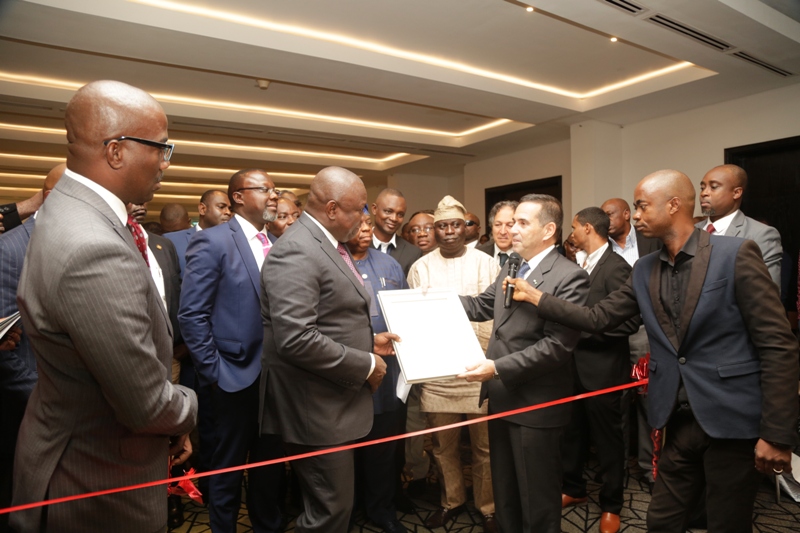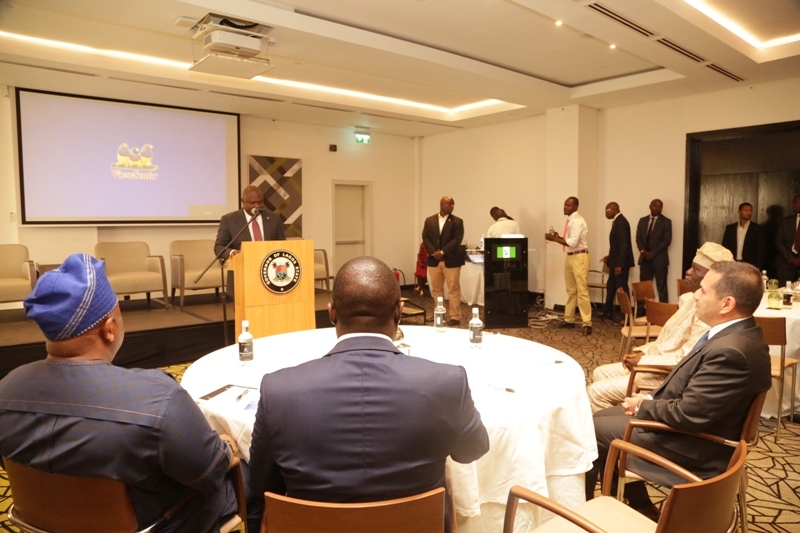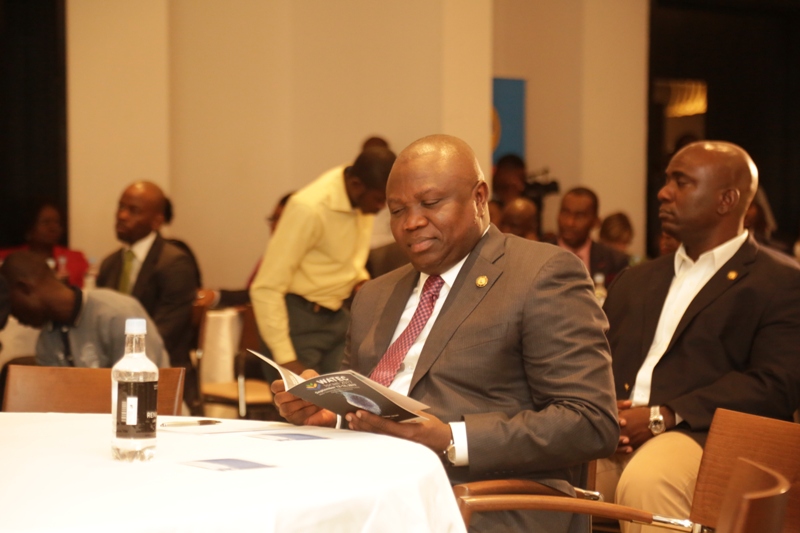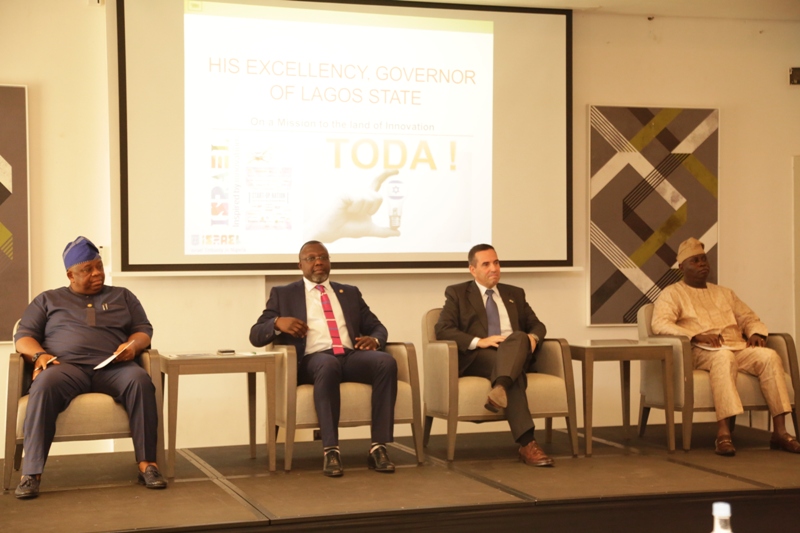It gives me a great pleasure to address this gathering on the theme of Water technology and Environmental Control. As you are all aware, access to and management of water resources, as well as environmental control, remains one of the greatest challenges facing most parts of the developing world.
There is hardly a better or more poignant time for a sensitization workshop, such as we are holding today, which looks into the issue of water management and environmental control.
For the past few days, the State, and indeed most parts of Nigeria, have witnessed torrential rainfalls which are quite unprecedented. We have witnessed our most prime estates flooded with water, we have seen our roads taken over by floods, and we have painfully watched how many homesteads have literally become pools.
These indeed are trying times for any government, especially our own administration which has determinedly pursued massive infrastructural development to improve standards of living of our citizenry.
However, if we have leant anything in the on-going flooding of some parts of the State, it is that there is an immediate, even urgent need for us to embark upon a review and reengineering of our canals and drainage systems. This must be pursued hand-in-hand with a clear and crystal re-envisioning of our water management system. So, in effect, what we should immediately pursue is a holistic solution to what is certain to be a recurring problem. It must be a sincere collaboration between government and the citizenry.
Here then lies the importance of today’s gathering. Israel, which Lagos State has decided to partner with in developing water technology and environmental control, is one of the first countries to successfully overcome its limitations in water resources. Our intention is to explore a wide array of technological advancements and possibilities to ensure that we obtain the best solution to a rather nagging problem.
WATEC is a regular conference hosted by Israel and it is our hope that as a State we will be present at the forthcoming WATEC conference in Israel later in the year to take advantage of state-of-the-art technologies in the industry.
Ladies and gentlemen, the incidence of flooding is not circumscribed to our country alone, nor is it a peculiarity of the Third World. We may wish to recall that the United Kingdom was heavily flooded this year and, indeed, witnessed some of its worst flooding since records started in 1901.
Japan, a country that is equally technologically savvy has also not been spared heavy flooding this year. No matter how well a society may be prepared, we can never rule out the element of the natural or if you like, the supernatural. This is why Lagos State, and indeed Nigeria fully subscribes to the tenets of Climate Change Solutions by the United Nations.
While all the aforementioned examples enjoin us to put our experience and pains into perspective, they also impress on us as a state and a government that we must learn from all these examples in order to better prepare for the future. To that extent, we will reinvigorate our campaign against the dumping of refuse by citizens into canals. We will be stronger in enforcing our physical planning laws especially those building illegally on canals and blocking the free flow of water across the state.
No matter how much a government may try, if its citizens do not do their part, the efforts will amount to futility. If we desire a new-look Lagos that will be globally competitive, we as residents of Lagos must bear new attitude towards our civic obligations at all times.
I use this medium to call on all of you here today, as critical stakeholders in the water and environment sectors, to join hands with the government in order to find a lasting solution to the problem of water shortages and flooding in Lagos State.
I thank you for listening.
Itesiwaju Ipinle Eko loje wa logun
Akinwunmi Ambode,
Governor of Lagos State
July 10, 2017



